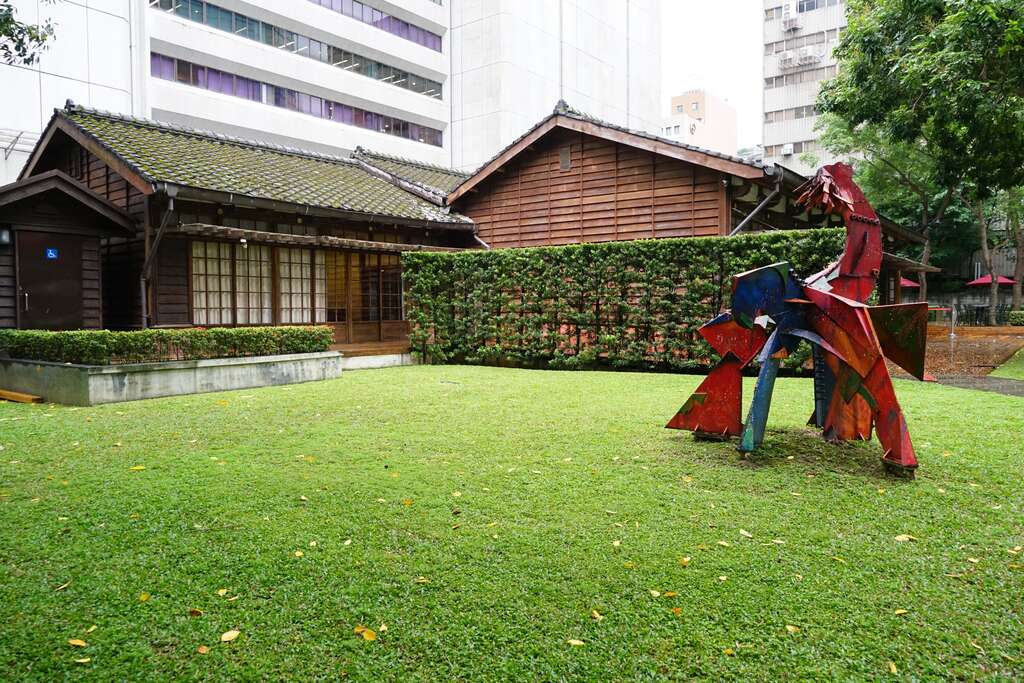Rose Monument - Tsai Rui-yue Dance Research Society Introduction
Teacher Tsai Rui-yue is a pioneer of modern dance in Taiwan, dedicating herself to promoting modern dance without reservation. Born in Tainan City in 1921, she traveled to Japan at the age of 16 to study with Mr. Baku Ishii, known as the father of modern dance, laying the foundation for her dance career. After completing her studies, she devoted all her energy to dance and introduced the concept of modern dance to Taiwan. On this land, Teacher Tsai left behind over 500 modern dance creations, such as "Song of India" and "We Love Taiwan," combining various dance styles, including ballet, folk dance, and traditional Taiwanese dances, earning her the title of the mother of modern dance in Taiwan. The Tsai Rui-yue Dance Research Society is a historic building, originally a civil servant dormitory during the Japanese colonial period. Various types of dormitories were built in the Taipei area at that time, mostly wooden Japanese-style houses. In 1920, dozens of duplex wooden dormitories were constructed along Zhongshan North Road, and the Tsai Rui-yue Dance Research Society was established in one of them, initially serving as a dormitory for Japanese district officers. In 1953, it became the home, choreographic studio, and rehearsal space for Taiwan's modern dance mother, Tsai Rui-yue, eventually evolving into a dance classroom. Although the building was once damaged by fire, in 1999, it was unanimously recognized by expert scholars as the site where modern dance took root in Taiwan, leading to a resolute effort to rebuild, which spared it from commercial exploitation and continued the life of the historic site.


























